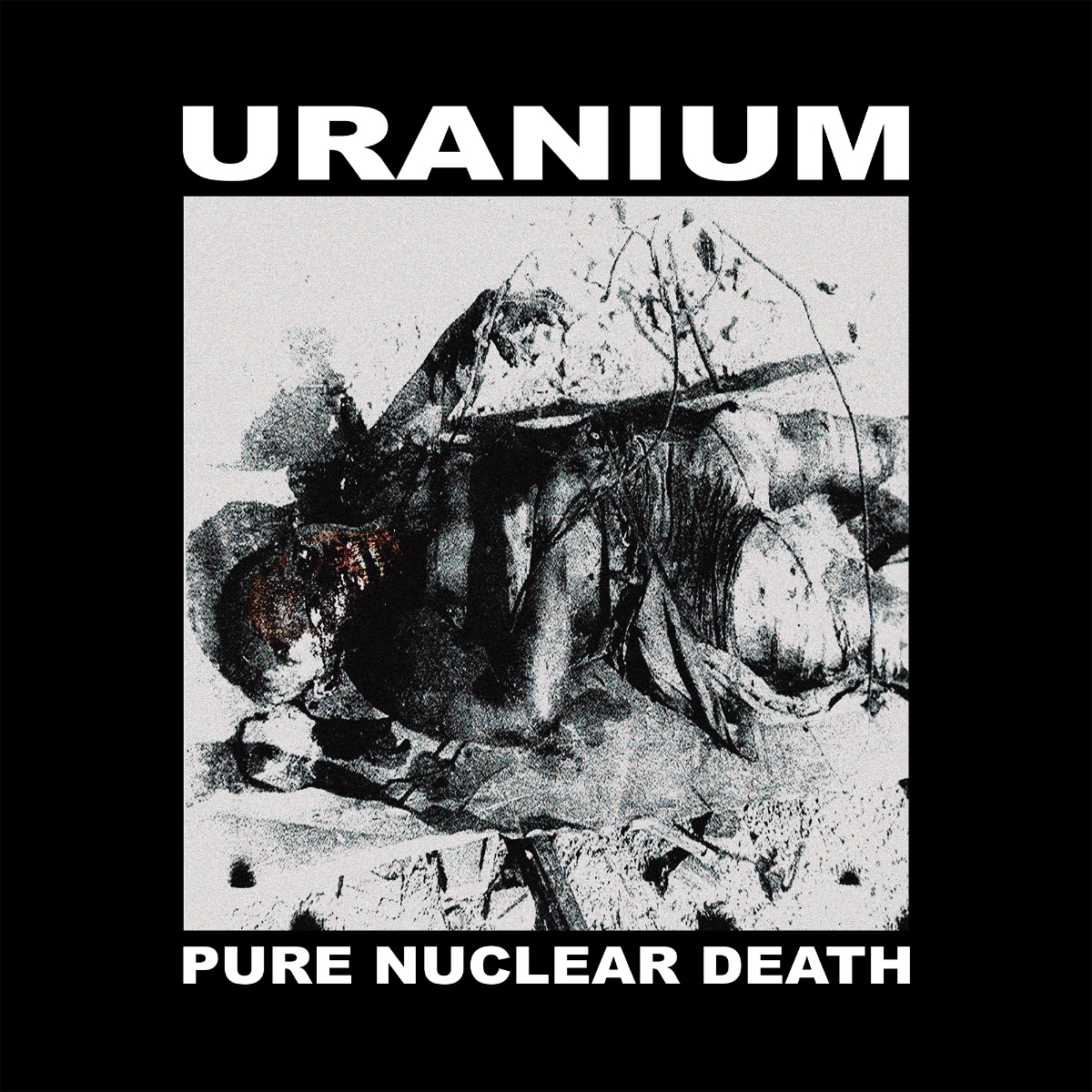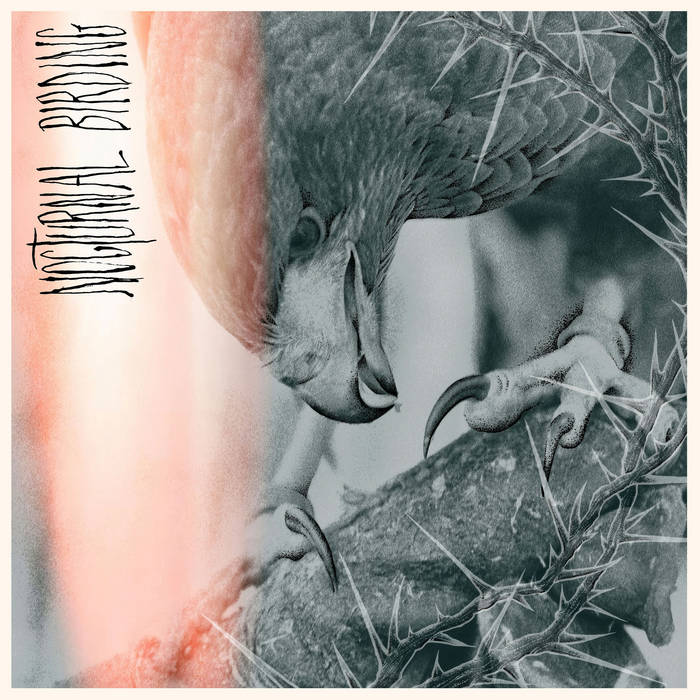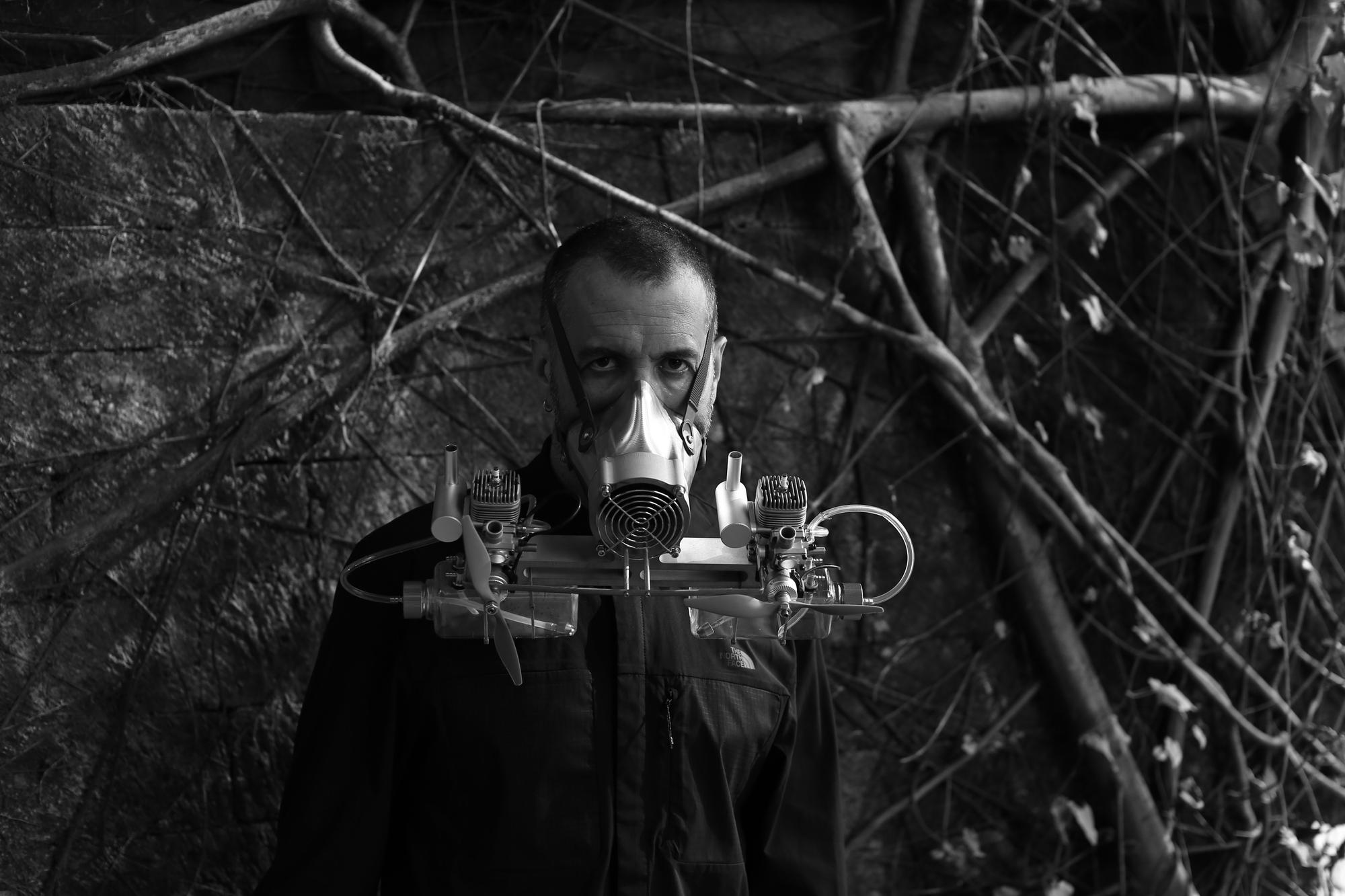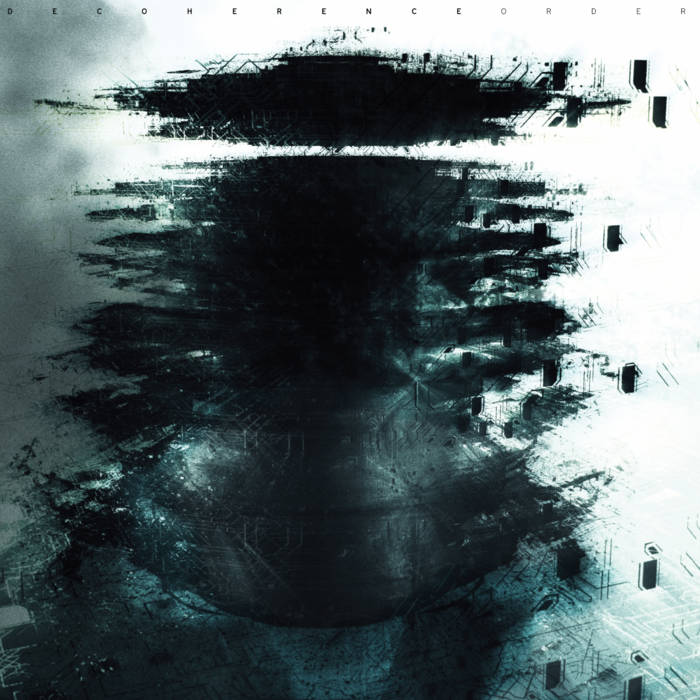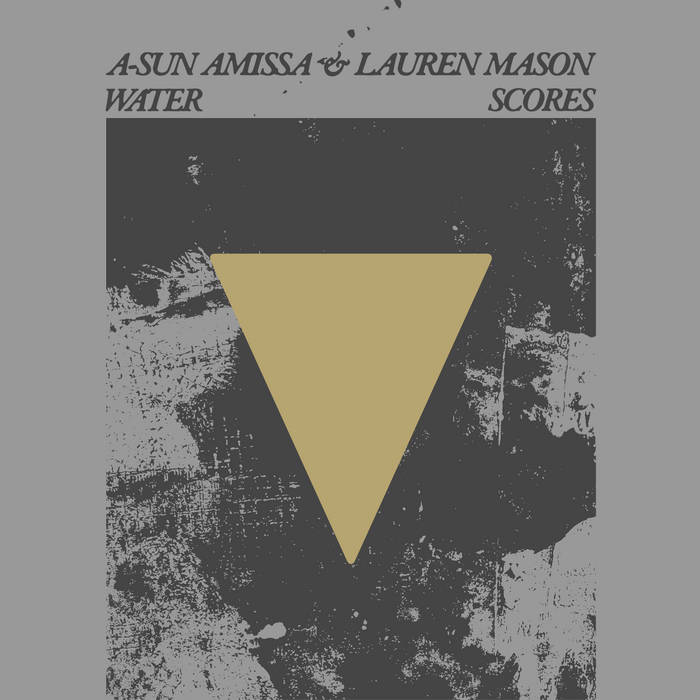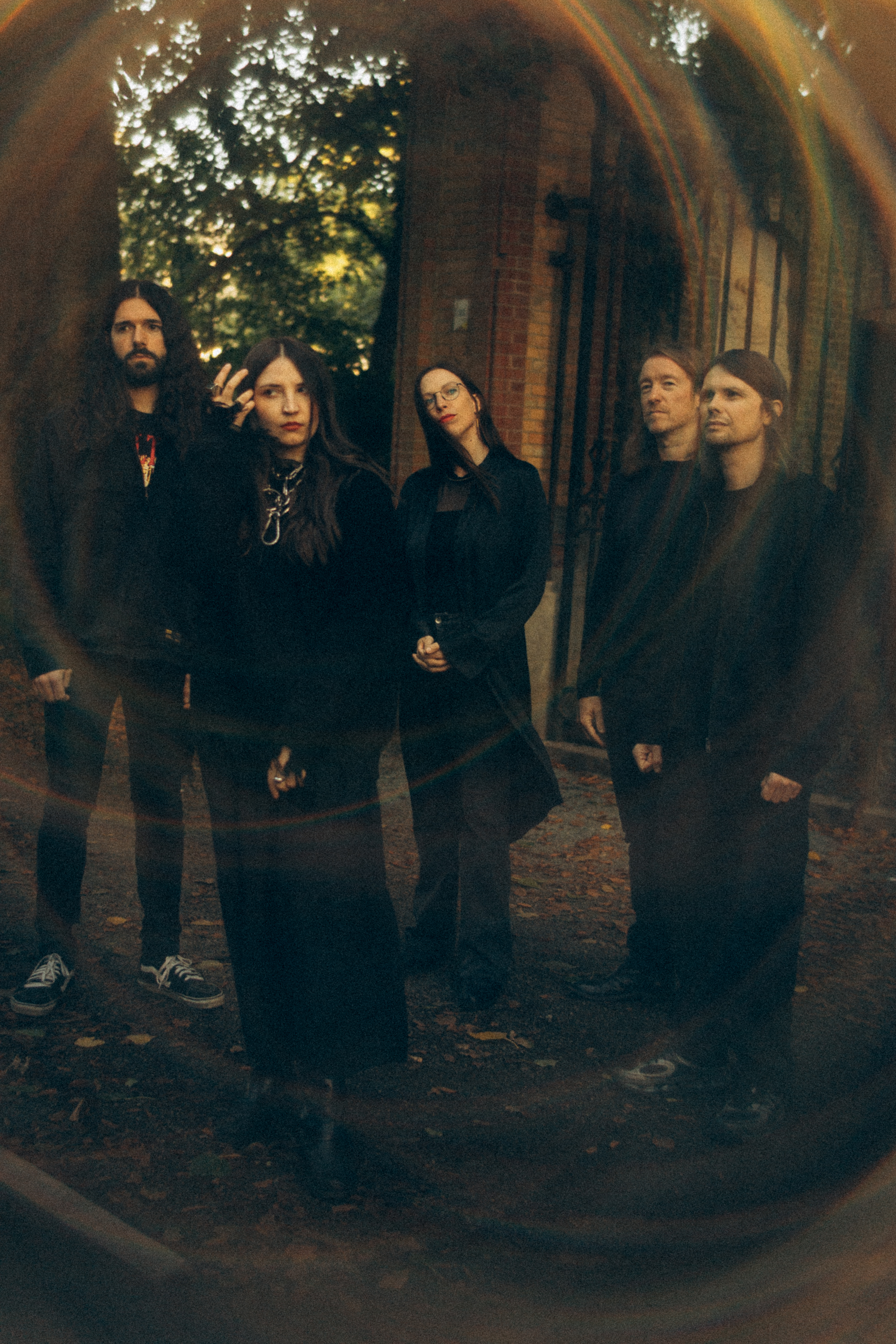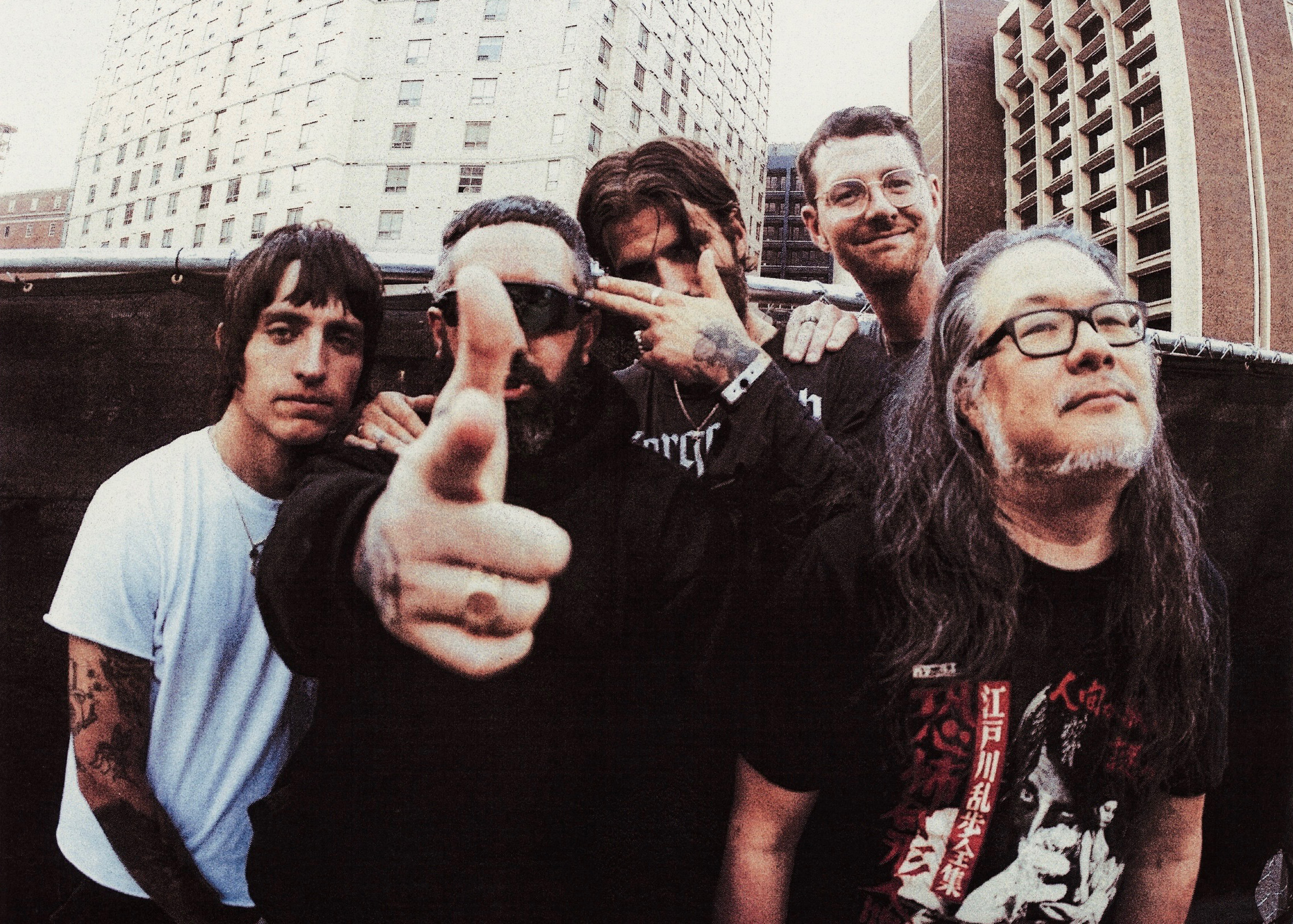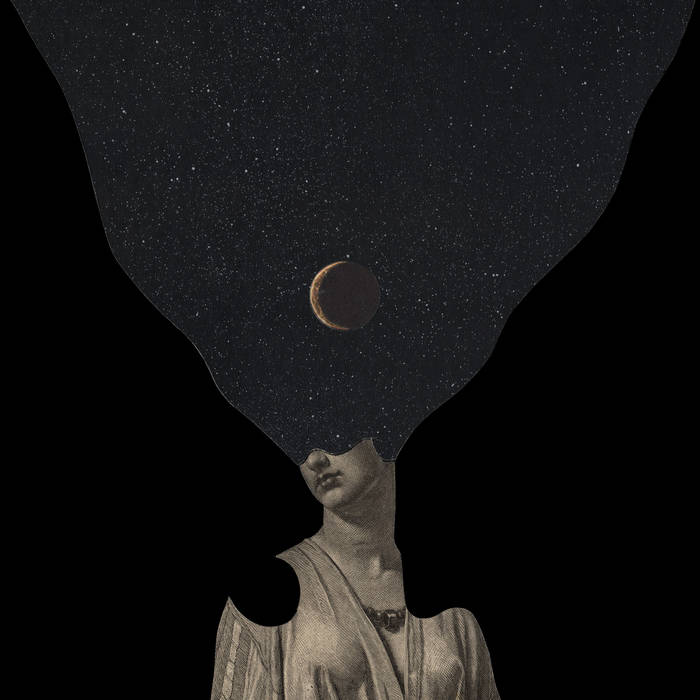Iskandr has shed its skin and yet it is the same kind of appealing snake it has always been – a mix of deadly seduction and dark mentality, but now clad in Post-Punk and Industrial sounds. O.’s latest work Spiritus Sylvestris is very convincing but please do not think it is a completely new thing for our beloved Gelderland-historian!
Where does the fascination for Industrial and Post-Punk sounds come from that one can meet with a lot of Black Metal artists? Well, one reason is surely the morbidity of acts like Killing Joke or Bauhaus as well as the sheer overwhelming musicality of bands like Dead Can Dance or Fields of the Nephilim. Another reason might be the fact that these genres were established before Black Metal was really an issue, so there is a certain history thing going here. Lastly, one further reason is surely the major difference in speed and the strong emphasis on atmosphere, which leads a lot of Atmospheric Black Metal or Blackgaze musicians to stray a bit from the path of twisting, whirling, bursting and blasting melodies onto the path laid out by Jaz Coleman, Blixa Bargeld and the whole Laibach-collective.
O. has always been one of these musicians who strives for more than the next regular Black Metal record and his masterfully orchestrated records like Euprosopon or Vergezicht show that. Where the former draws largely on a kind of grand church like Atmospheric Black Metal, the latter already shows a bigger attraction to dark, folk themes and sounds. The new record Spiritus Sylvestris gives us another, very different side of Iskandr, one that seems to be the next step in the evolution of the band’s sound – he has arrived in the 1980s and his sound is as much Vangelis’ Blade Runner soundtrack, as it is Revelations or Nova Akropola.
A lot of the appeal that this record has lies in its diverse drumming and beat-construction, which have been arranged by O. and his buddy Mink Koops whom some of you might know as the drummer in Fluisteraars, Solar Temple or other Haeresis Noviomagi projects. We get a lot of metallic clinks and clunks, some “animated”, moving sounds whose hollow echoes ring in the audience’s ears for more than their actual duration. However, do not think that this record does not feature some amazing guitar work, because it surely does, however one might not notice it at first. The deep, low rumbling baritone guitar lines are superbly tuned and recorded by Pieter Kloos who has proven himself when working for The Devil’s Blood or even Motorpsycho.
We can also find some field recordings on Spiritus Sylvestris, especially in ”Interlude” which is much longer than an average interlude. With these field recordings we also come closer to the idea behind the record – a criticism of our society and where we are headed. We forget our natural environment, our connection to the earth and soil that influences our humanity and soul. We are missing our “Spirit of the wild” (our Spiritus Sylvestris) and seemingly cannot find back to it. That he chose these soundscapes for his message is in a way highly appropriate as the dichotomy between sounds and lyrics reflect on the paradox between our vows – to save our planet and climate for our children – and our actions – not being ready to cut down on our energy consumption and our negative influence on the life of future generations.
Whether we will learn more from this record than from its contemplative predecessors will remain to be seen. Whether this record is worth more than one spin is without question. O. and Iskandr continue on the journey he has embarked on several years ago. Whether there is enough time left for him to ever arrive in the present? No idea, but until then I will keep on spinning this adventure of a record.



